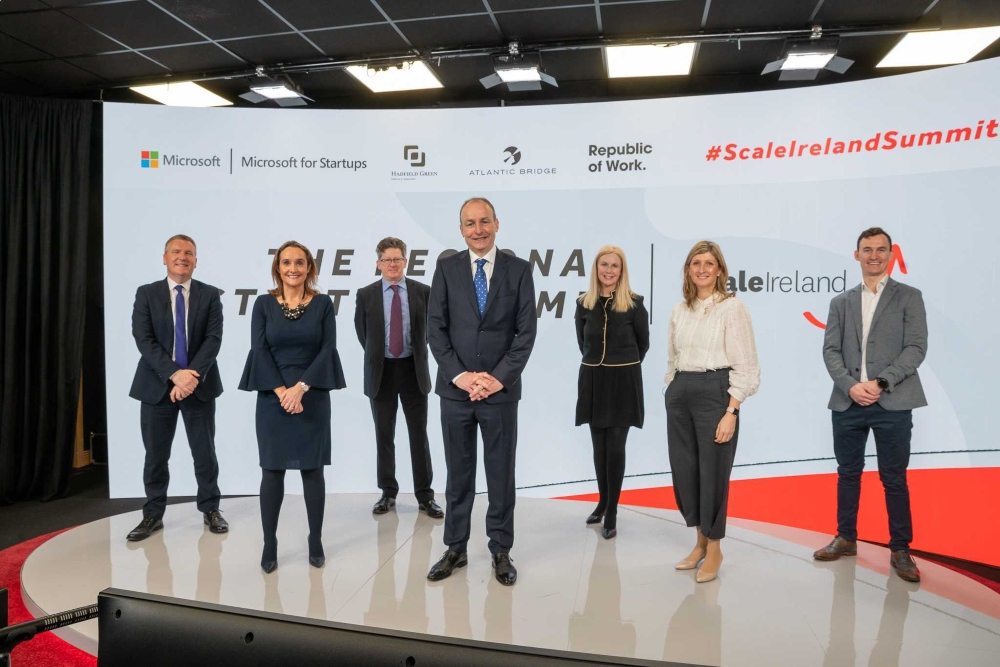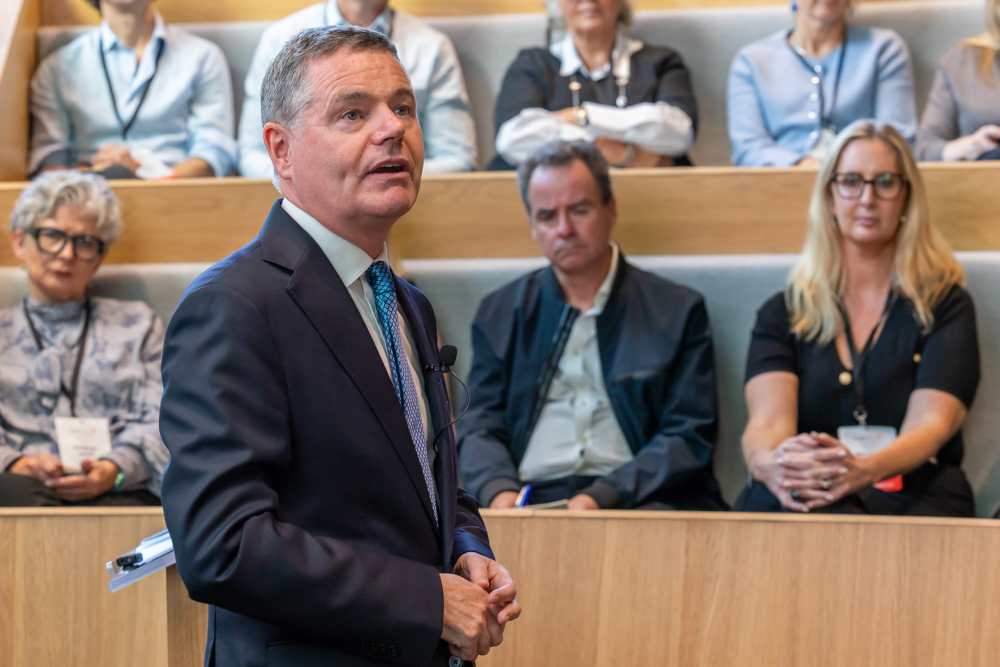Budget 2026: Ireland could unlock €1bn to €2bn in institutional capital to boost SME Growth, urges IVCA.
Ireland has the potential to unlock between €1 billion and €2 billion in institutional capital to support the growth of domestic SMEs and start-ups, according to a pre-budget submission published today by the Irish Venture Capital Association (IVCA), which is marking its 40th anniversary.
The submission comes amid a sharp decline in venture capital investment, which fell to €112.6m in the second quarter of 2025, down from €494m in the same period last year – the lowest level in a decade.
Caroline Gaynor, chair of the IVCA, said the proposals aim to recalibrate Ireland’s economic model in response to shifting global dynamics, particularly the impact of increasingly isolationist US policies.
Time to support our domestic businesses too
“Foreign Direct Investment will remain a pillar of the Irish economy, but its traditional impact is in decline as international competitors replicate our policies,” Gaynor said. “It is important to note at a time of fiscal uncertainty due to global political headwinds that our proposals can be achieved without recourse to direct Government funding.”
The IVCA is calling for policy changes to stimulate private capital from domestic institutional investors – including pension funds, insurers and banks – to co-invest in Irish venture and growth funds. T
The goal is to reduce Ireland’s reliance on international venture capital, which accounted for 75% of total VC investment last year, up from 49% four years ago.
“The big barrier in growing more global winners in Ireland, recognised by government and industry alike, is in scaling finance,” Gaynor said. “Larger, later-stage domestic funds would reduce this dependence on and vulnerability to overseas investors.”
Sarah-Jane Larkin, director general of the IVCA, highlighted data showing that over 70% of international funding in the first half of 2025 went to companies that had previously received investment from Irish VCs.
“Ireland has a track record in picking winners and getting companies off the ground. It just shows what we could do if VC funds here were bigger,” Larkin said. “And we don’t have to reinvent the wheel to achieve this. We already have the playbook from other EU countries and the UK.”
She cited examples including the Netherlands, where government policies are enabling pension funds to allocate an additional €100bn to venture capital over five years. France has mobilised €6.4bn through its Tibi initiative and requires pension schemes to offer SME investment options. In the UK, 17 major pension providers have committed to investing at least 10% of their defined contribution default funds in private markets by 2030. Germany’s coalition government is targeting €100bn in private capital through its “Germany Fund,” focused on SMEs and scale-ups.
“The State has played a key role in boosting start-ups through landmark initiatives such as Enterprise Ireland’s Seed and Venture Capital Scheme and the Ireland Strategic Investment Fund,” Larkin said. “As the IVCA enters its fifth decade, the priority now must be to provide the scaling finance to secure strategic autonomy and build a resilient, innovation-led economy that is less exposed to global market volatility.”
The full IVCA pre-budget submission is available here
Top image: IVCA director-general Sarah-Jane Larkin with Caroline Gaynor, chair of the IVCA
-
Bank of Ireland is welcoming new customers every day – funding investments, working capital and expansions across multiple sectors. To learn more, click here
-
For support in challenging times, click here
-
Listen to the ThinkBusiness Podcast for business insights and inspiration. All episodes are here. You can also listen to the Podcast on:
-
Spotify
-
SoundCloud
-
Apple





